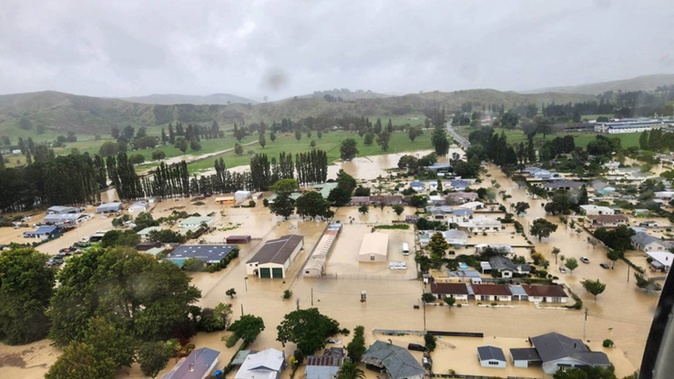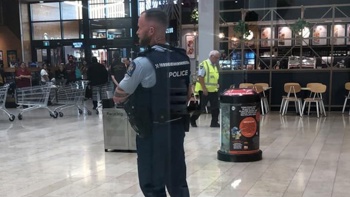
Officials are “rapidly scaling up” operations in anticipation of housing potentially thousands of displaced residents across the North Island’s cyclone-ravaged East Coast - likely for months.
While not yet activated outside Auckland, the Government’s Temporary Accommodation Service (TAS) is expected to soon be required by Hawke’s Bay and Tairāwhiti residents who face many months without permanent homes.
As at last week, it was estimated more than 10,000 people in those regions had been displaced by the cyclone, with more than 3100 people sheltering in evacuation centres and another 7500 staying in other houses.
TAS officials were already working with 1000 households in Auckland, where more than 100 people were sheltering in civil defence centres after a slew of weather disasters.
The Ministry for Business, Employment and Innovation-run service’s national manager, Al Bruce, said the TAS was in “pre-activation mode” for those regions outside Auckland.
“Should TAS activate in these regions, this is typically two weeks after moving into this phase,” Bruce told the Herald.
“While this is an unprecedented event, we are rapidly scaling up of operations in preparation should we activate in the other regions.”
In the meantime, officials were busy trying to assess how many people would need housing – and where that housing could be found.
“We’ll be dealing with local stakeholders including local iwi and negotiating with private landlords, property managers, and commercial supply including hotels, motels and commercial accommodation providers,” Bruce said.
“Identification of accommodation supply options is continuing, including hotels, motels, motor lodges and Air BnBs and holiday homes.
- 'Crushed in my house, everything gone!' Body found in house after Muriwai slip, artist tells of heroic rescue
- 'The water came up quick': Man tells of 12-hour ordeal on house bus roof
- Dargaville locals wake to early morning call to evacuate as floodwaters rise
“We’re also looking at things like apartments and other supply options.”
Where possible, the service used existing and undamaged residential housing as temporary accommodation.
“Where there is a shortage of rental accommodation in the affected area, TAS procures and deploys additional housing supply for temporary accommodation to support residential housing recovery.”
The service had a “small number” of porta cabins ready for deployment.
Earlier this week, its incident controller Steve Watson told RNZ that temporary villages of prefab houses – as had been provided after the Kaikōura earthquake and the Westport floods – was a “very likely scenario” for those affected East Coast regions.
Relocating tiny homes and prefabricated houses was “a prime consideration”.
The service being established was intended for families for the longer term as planning and actions moved from the first response phase.
Bruce pointed out that TAS was different from shelters or emergency accommodation, which was typically provided for a short period of up to two weeks.
“TAS supports affected residents to find temporary accommodation while their home is being repaired, rebuilt or until they can return home – this could generally be for several weeks, months or possibly years,” he said.
“While the response needed to support Auckland and other regions affected by Cyclone Gabrielle is expected to be very large, TAS is not a new service and has already assisted many regions following natural disasters in the past.”
Since 2011, the service had supported more than 11,000 households through 17 activations, in response to 12 floods, two earthquakes, two tornados, and one pandemic.
“Every response is different, so timings around finding longer-term temporary accommodation for each household will be based on their needs, the region, and accommodation supply.”
More information on where to find support can be found here.
Take your Radio, Podcasts and Music with you









